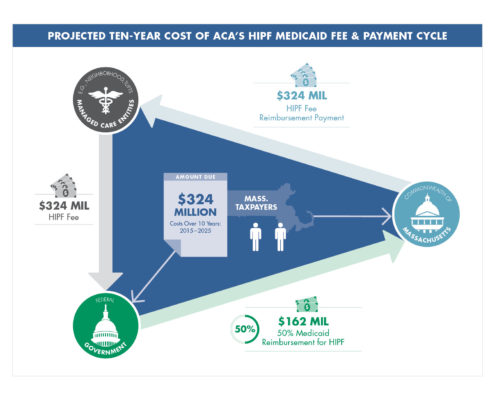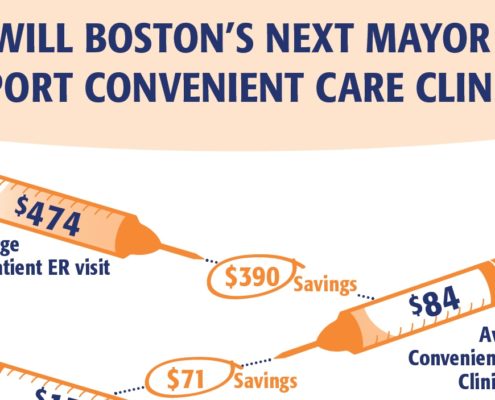Study Urges Caution Before Adopting ICER Reviews to Determine Cost Effectiveness of Treatments
Review methodology could negatively impact elderly, the disabled, cancer patients and those with rare diseases
Media inquiries: Contact Micaela Dawson, 617-723-2277 ext. 203 or mdawson@pioneerinstitute.org
BOSTON – As states continue to grapple with prescription drug costs, a new Pioneer Institute study lays out the key ethical, methodological and disease-specific questions policy makers should address before deciding whether to contract with the Institute for Clinical and Economic Review (ICER) to conduct cost effectiveness reviews used to make decisions about the purchase of medicines and other medical innovations.
ICER utilizes Quality Adjusted Life Years (QALYs), a controversial evaluation technique that assigns an economic value to the longevity and quality of human life.
“The use of the QALY standard in the United Kingdom resulted in British cancer patients having some of the worst access to new cancer treatments in all of Europe and created a political crisis for British politicians,” said William Smith, author of “Key Questions for Legislators on the Institute for Clinical and Economic Review (ICER).” “U.S. politicians may want to proceed cautiously in adopting QALYs.”
QALY is controversial because of the impact that such a methodology may have upon access to medical innovations for older Americans, the disabled, patients with cancer and patients with rare diseases.
The National Health Service (NHS) in the United Kingdom utilizes QALY metrics. But in the United States, the Affordable Care Act banned the use of QALYs for Medicare programs because of concerns about the impact upon older Americans, the disabled and the terminally ill.
Because of the vulnerability of these patient populations, Pioneer recommends that legislators avoid using ICER reviews until they are fully confident that the reviews will neither have an adverse impact upon these vulnerable populations nor discourage biopharmaceutical innovation for important unmet medical needs.
About the Author
William S. Smith is Visiting Fellow in Life Sciences at Pioneer Institute. He has 25 years of experience in government and in corporate roles, including as vice president of public affairs and policy at Pfizer, and as a consultant to major pharmaceutical, biotechnology and medical device companies. He held senior staff positions for the Republican House leadership on Capitol Hill, the White House, and in the Massachusetts Governor’s office. He is affiliated as research fellow and managing director with the Center for the Study of Statesmanship at The Catholic University of America (CUA), where he earned his PhD.
About Pioneer
Pioneer Institute is an independent, non-partisan, privately funded research organization that seeks to improve the quality of life in Massachusetts through civic discourse and intellectually rigorous, data-driven public policy solutions based on free market principles, individual liberty and responsibility, and the ideal of effective, limited and accountable government.
Get Updates On Our Healthcare Research and Events!
Make a tax-deductible gift below to support our work to protect patients.
Related Posts:



















